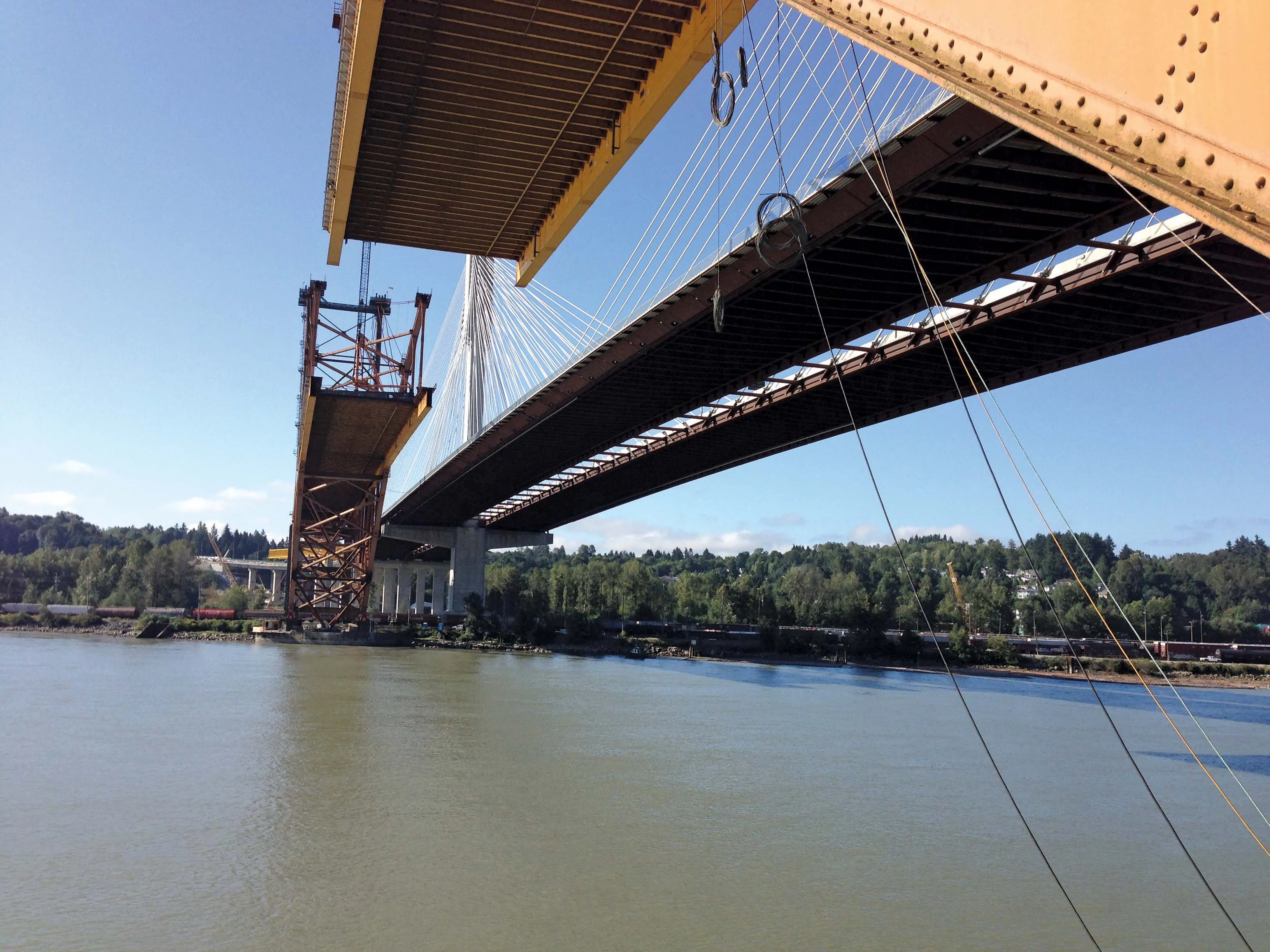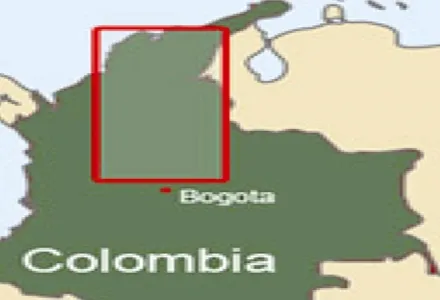Los Angeles is the world’s most congested city, according to new research based on the Tomtom Congestion Index. The city was found to have a congestion level of 33% in the first quarter of 2012. In the Index’s top ten city table, Vancouver in Canada came in second with a 30% congestion level, followed by Miami at 26%. Seattle, San Francisco and Tampa reported congestion levels of 25% each, while Washington and Houston came in seventh and eighth place with congestion levels of 24% and 23% respectively.
July 19, 2012
Read time: 1 min
Los Angeles is the developed world’s most congested city, according to new research based on the 3972 TomTom Congestion Index.
The city was found to have a congestion level of 33% in the first quarter of 2012. In the Index’s top ten city table, Vancouver in Canada came in second with a 30% congestion level, followed by Miami at 26%. Seattle, San Francisco and Tampa reported congestion levels of 25% each, while Washington and Houston came in seventh and eighth place with congestion levels of 24% and 23% respectively.
Meanwhile, Toronto and Ottawa both recorded the lowest congestion levels at 22% in the cited quarter. Based on real-time travel information contributed by cars passing through the chosen cities' whole road network, the Congestion Index by Tomtom, the Dutch automotive navigation systems maker, is said to be the most accurate congestion barometer in the world.
The city was found to have a congestion level of 33% in the first quarter of 2012. In the Index’s top ten city table, Vancouver in Canada came in second with a 30% congestion level, followed by Miami at 26%. Seattle, San Francisco and Tampa reported congestion levels of 25% each, while Washington and Houston came in seventh and eighth place with congestion levels of 24% and 23% respectively.
Meanwhile, Toronto and Ottawa both recorded the lowest congestion levels at 22% in the cited quarter. Based on real-time travel information contributed by cars passing through the chosen cities' whole road network, the Congestion Index by Tomtom, the Dutch automotive navigation systems maker, is said to be the most accurate congestion barometer in the world.








